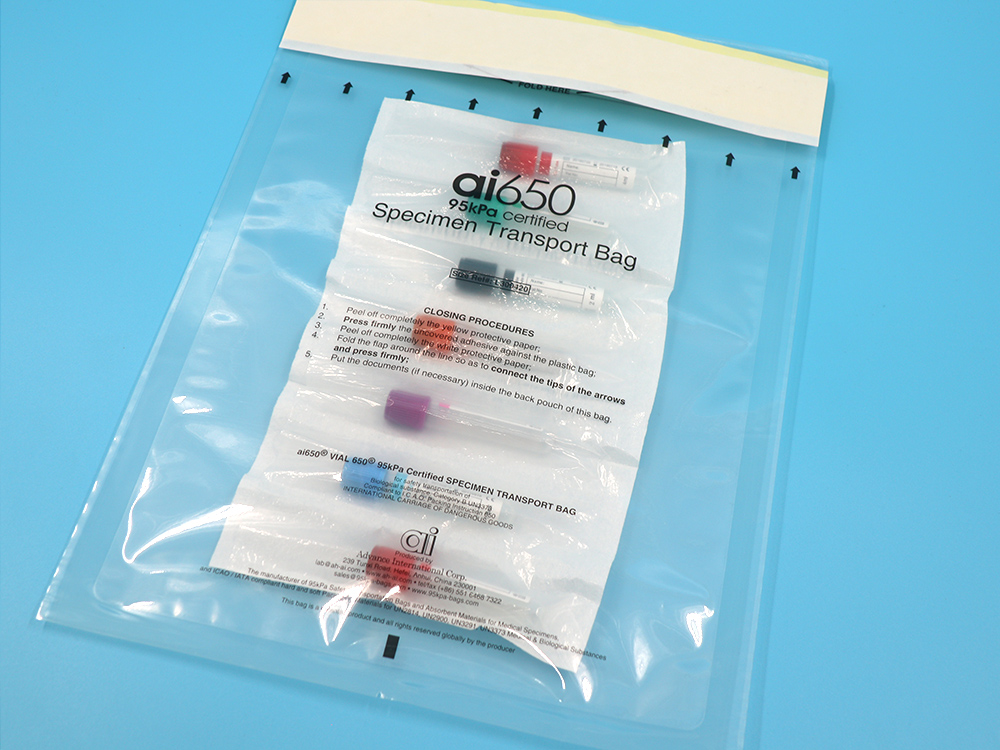New technology could significantly improve response times for biological sample processing
Time and safety are essential when transporting human blood samples to laboratories for specialized analysis.
Dr. Gu, ANBM principal investigator and associate professor in the Department of Basic Medicine, commented: “The U.S. government is also learning lessons from this pandemic and understands the need to be prepared if a similar or more severe outbreak occurs, such as an unexpected outbreak of radiation exposure. Our technology can be directly applied to biological dose detection and is in line with strategic medical countermeasures.”
To date, active reagent handling during transport from the collection site to the laboratory or biobank has not been implemented. Failure to test samples while in transit can result in costly delays or even inaccurate results.biological sample processing
Since existing FDA-approved biodosimetry methods do not meet the needs of nuclear classification, the utility is obvious. Tests of their shipping container – the Smart Shipping Incubator (SSI) – are expected to demonstrate that it can culture CBMN samples immediately after collection and during shipping, reducing test response time from six days to three.
“In a radiation emergency, individuals can develop acute radiation syndrome (ARS), with an incubation period of 2-20 days depending on their level of exposure. Early medical intervention (the first few days after exposure) has been shown to significantly improve survival rate,” Dr. Gu said.


No responses yet